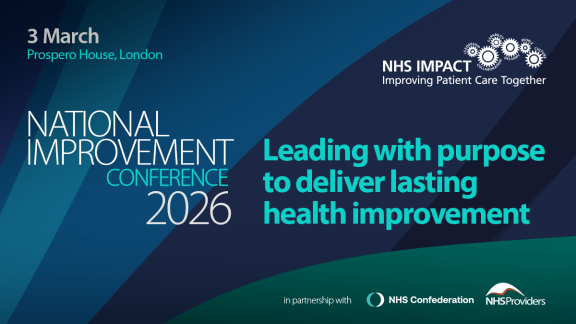Integrated care systems: FAQs

This section answers some of the most asked questions around the development of integrated care systems (ICSs) and the health and care bill, which aims to bring ICSs on to a statutory footing in July 2022, with the formation of an integrated care board and integrated care partnership within each ICS. The answers represent the views of the NHS Confederation.
The FAQs form part of the Integrated Care Communications Toolkit, a practical resource to help NHS Confederation members communicate changes in the health and care system in England.



